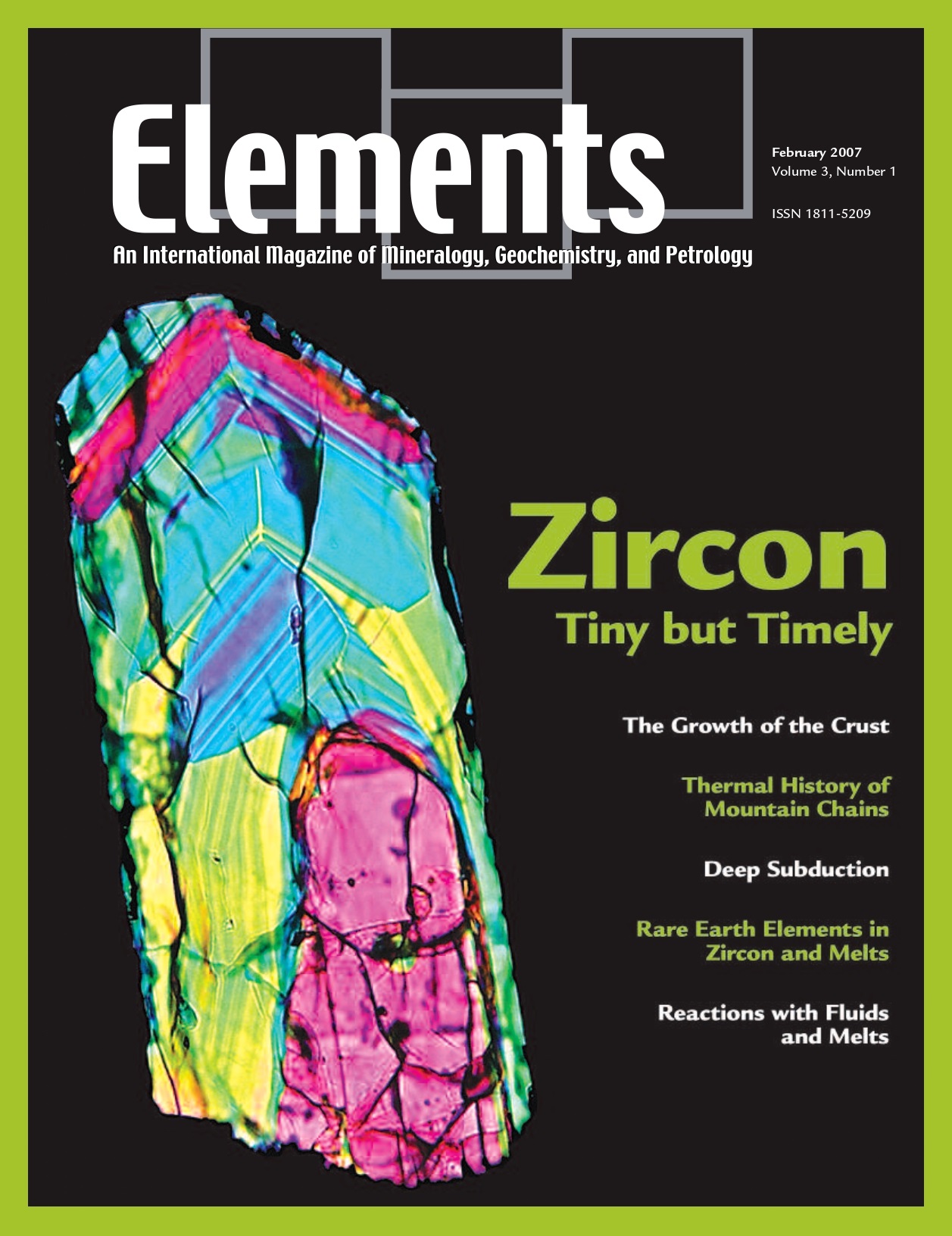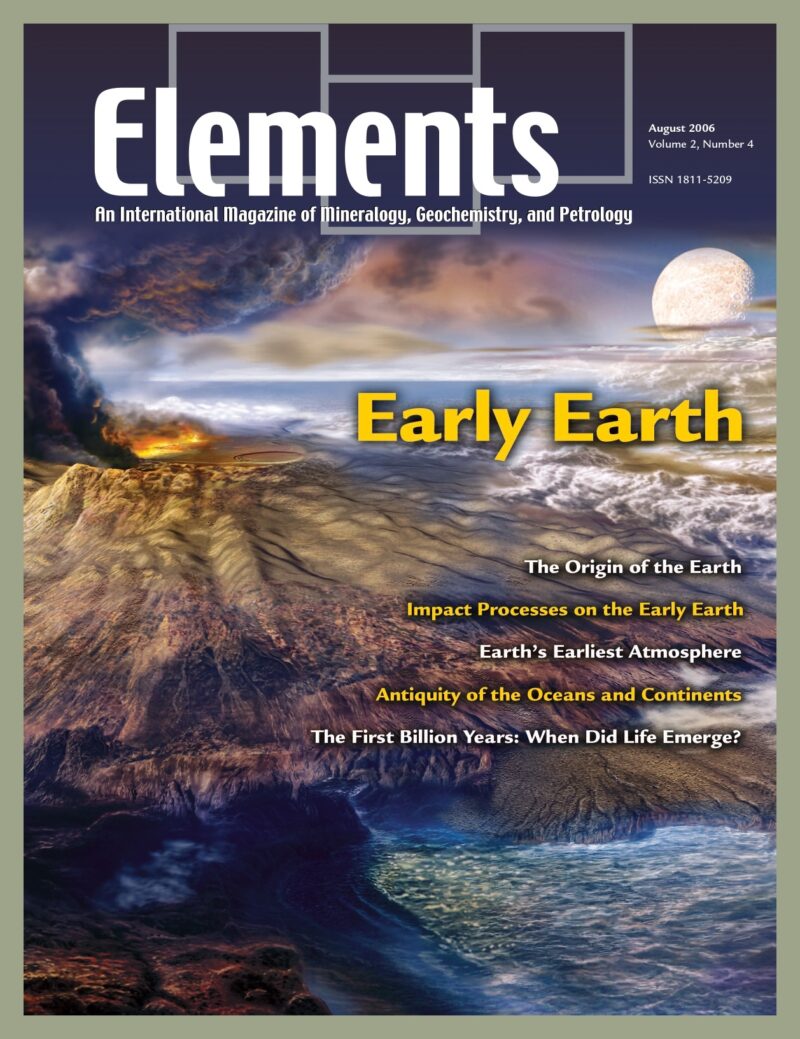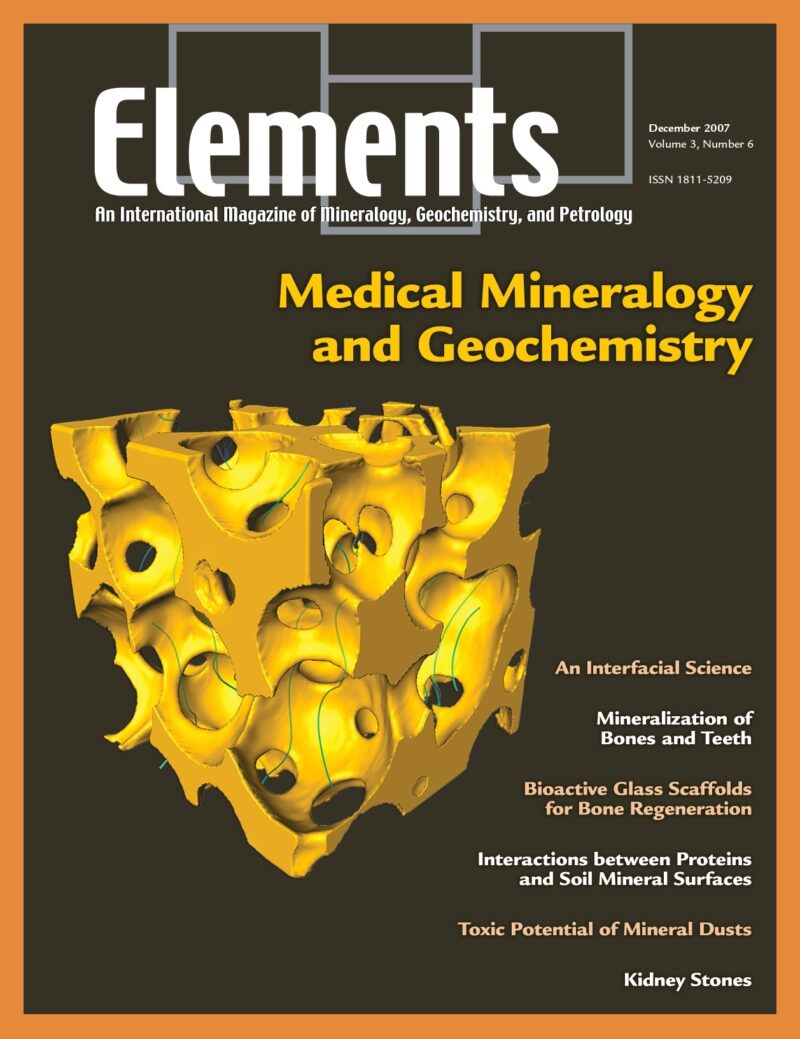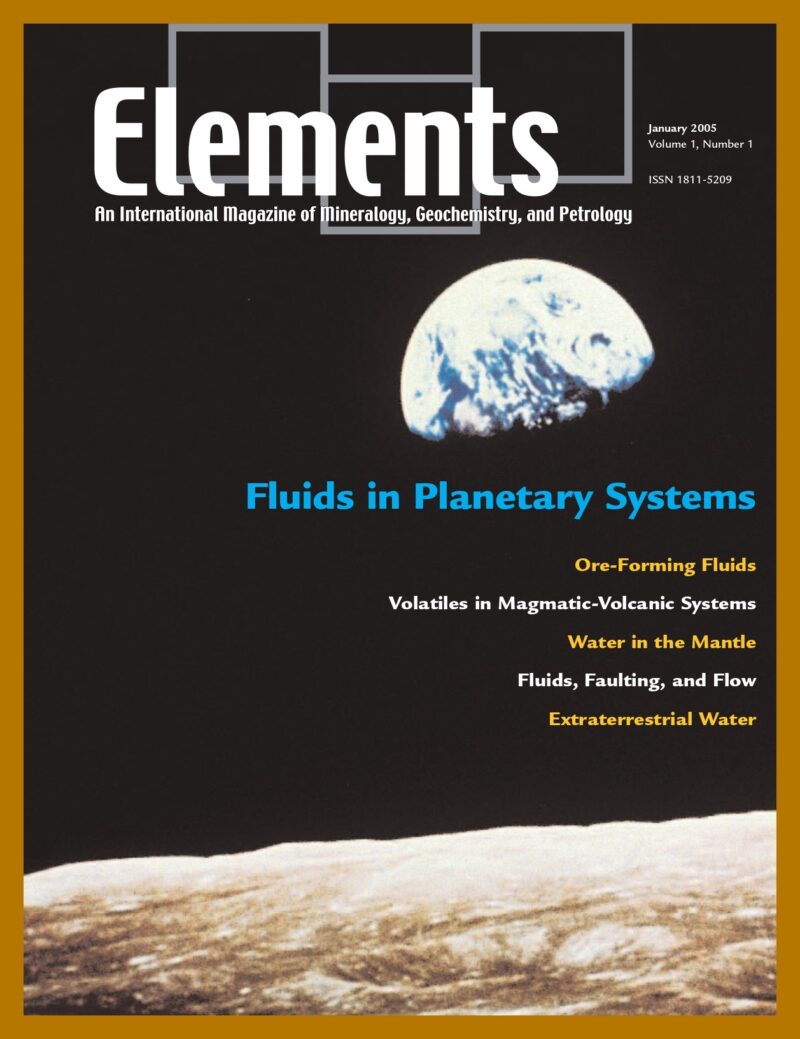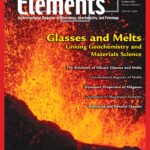
Glasses And Melts: Linking Geochemistry And Materials Science, October 2006, Vol. 2, No. 5
June 28, 2024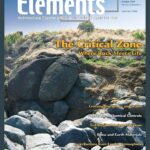
The Critical Zone, October 2007, Vol. 3, No. 5
June 28, 2024Zircon – Tiny But Timely, February 2007, Vol. 3, No. 1
$20.00
Where would Earth science be without zircon? As Earth’s timekeeper, zircon has proven to be a remarkable and versatile mineral, providing insights into deep time and ancient Earth processes. However, there is still much to learn about Earth’s history from zircon and its behaviour.
Zircon – Tiny But Timely
February 2007, Vol. 3, No. 1
Where would Earth science be without zircon? As Earth’s timekeeper, zircon has proven to be a remarkable and versatile mineral, providing insights into deep time and ancient Earth processes. However, there is still much to learn about Earth’s history from zircon and its behaviour. Zircon cannot be treated simply as a passive “safehouse” of stored isotopic and chemical information but must instead be interpreted carefully, in its petrological, mineralogical, and geological contexts, and in the light of all possible lines of evidence. Zircon has been a wonderful servant in our quest to unravel the history of the Earth—and has so much more to offer as we unlock the secrets of its chemical and physical responses to the processes operating in the Earth.
Why You’ll Love Elements Magazine:
- Expert Contributors: Articles written by renowned researchers in the field of geoscience.
- Engaging Content: Join a community of readers who are passionate about Elements.
- Exceptional Quality: Each issue is printed on high-quality paper with stunning visuals and detailed illustrations that bring complex scientific concepts to life.
Order your copy of the February 2007 issue of Elements magazine today and discover why zircon is tiny but timely.
Related products
-
Early Earth, August 2006, Vol. 2, No. 4
$20.00The earliest Earth was a strange inhospitable world, yet transitions occurred culminating in the evolution of life within the first billion years. The preservation of a sparse and ambiguous rock record has encouraged debate.
-
Medical Mineralogy And Geochemistry, December 2007, Vol. 3, No. 6
$20.00Medical mineralogy and geochemistry is an emergent, highly interdisciplinary field concerned with both normal and pathological interactions between minerals or amorphous inorganic solids and biomolecules or cells within the human body, and the transport and fate of prions and protein toxins in the soil environment. Prior research has, appropriately, focused on the complex genetic and molecular biological aspects, but there is a growing recognition of the vital need for understanding the surface and bulk properties and reactivities, especially at the challenging nanoscale characteristic of biomacromolecules and biominerals.
-
Fluids in Planetary Systems, January 2005, Vol. 1, No. 1
$20.00Water and other geofluids play an important role in the geochemical and rheological evolution of the Earth and other bodies in the solar system. These fluids are responsible for the formation of hydrothermal mineral deposits, affect eruption behavior in volcanic systems and the geophysical properties of the mantle, and significantly affect the way in which rocks deform and fracture.

